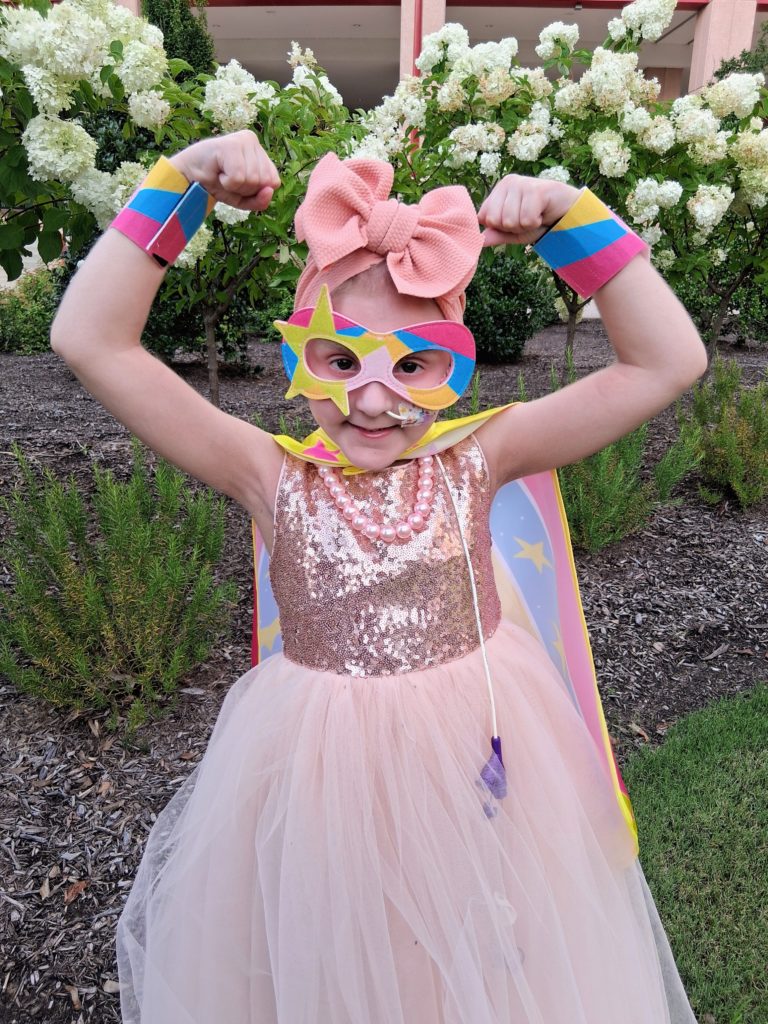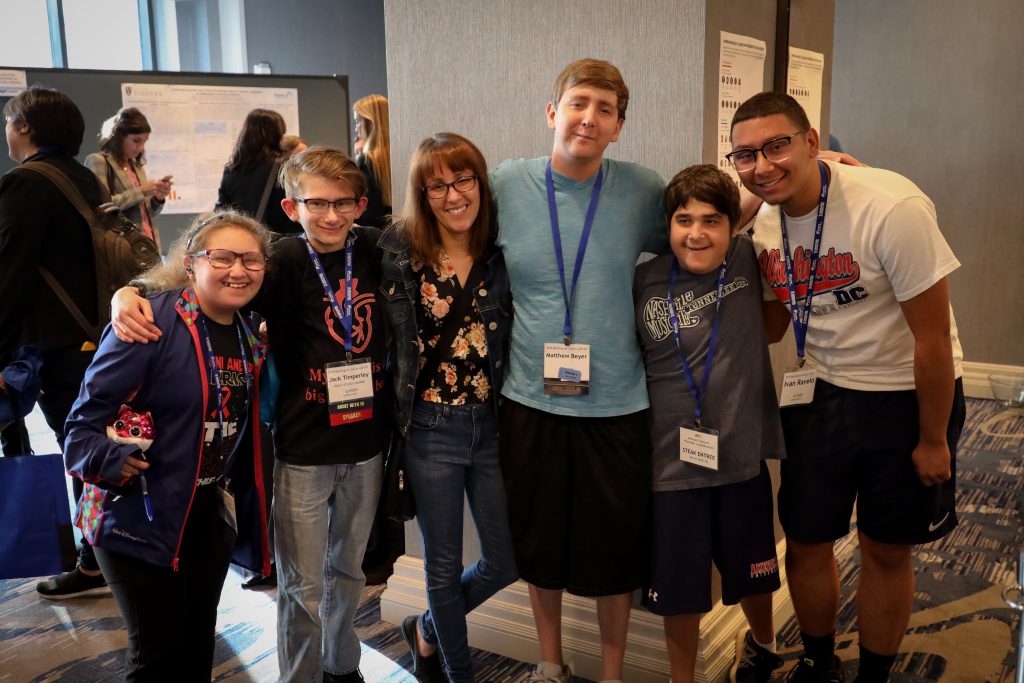Today I’m coming back from a bone marrow biopsy, and I have a lot of thoughts about transitioning care for folks with Fanconi anemia (FA) from pediatric to adult care. Before I get into that though, I want to acknowledge that for a lot of our population, there will always be a need for long-term or extended caretakers. To those in that space: I see you, and I don’t want to erase your narrative. Caretakers are warriors in their own right, and they’re really often overlooked in our communities. If you’re doing the advocating and care follow-up/decisions—THANK YOU. This level of love is special. You deserve to be seen.
For those patients (and parents!) in peds or reaching a transition, here’s a little encouragement:

Mary-Beth Johnson
For those patients (and parents!) in peds or reaching a transition, here’s a little encouragement:
- Transitioning to adult care with a rare disease like FA is a GIFT. Not everyone with our diagnosis gets to adulthood; enjoy this rite of passage. Push the boundaries of medical providers’ knowledge by taking up ALL the space you can in adult care. As you transition, have adult care providers consult with your peds team to fill in any gaps or questions about your care.
- It’s REALLY empowering to know your health really well. Learn early to understand your CBC. Ask the ears off your pediatrician so you know what each of your tests/procedures are before you reach adult care.
- Make sure your adult care doctors are humble enough to know you are the specialist on your body, and your specific case. You’re going to have to self-advocate A LOT. Fire the doctors who don’t listen to you/dismiss you for the one slide in medical school they got on your disease, and linger with the ones who let you be your own quarterback.
- Go ahead and make sure you have a mental health specialist as part of your care team. You’re not alone in your anxiety, and having a dedicated safe space to have unfiltered thoughts is REALLY helpful. You owe your mind the same care as your body.
- Ask for the support you need in the transition. If your medical institution has a patient coordinator, ask for one. Have them help you set up appointments. Get all the phone apps to communicate with your care team. Have your parent come to your first few appointments. Interrupt your doctors when you don’t understand. You’re allowed to need help as you transition.
- TRANSITION. FA is a FORMER childhood disease. There aren’t enough adult care doctors who are used to seeing us. The more of us they see and get familiar with, the more specialized our care becomes as adults with FA.
I’m always cheering for every single one of us, and sending love to you as you navigate life (a full and beautiful one, I hope) alongside this diagnosis.




